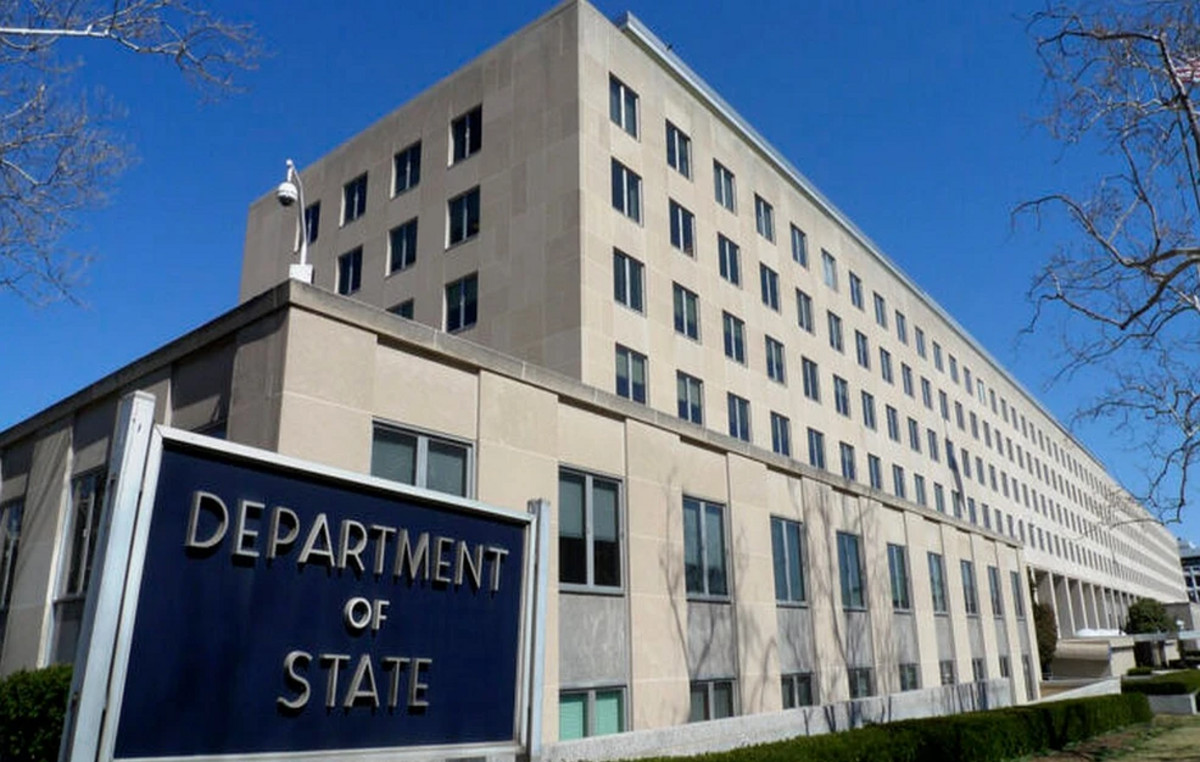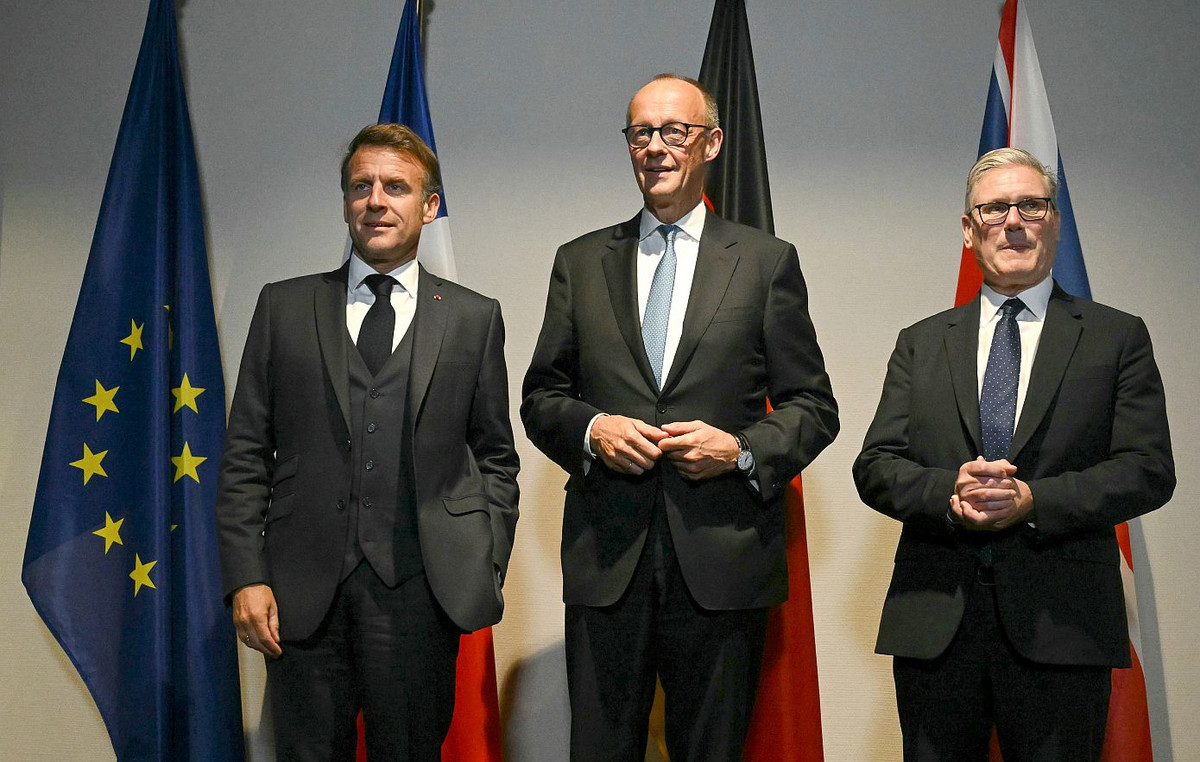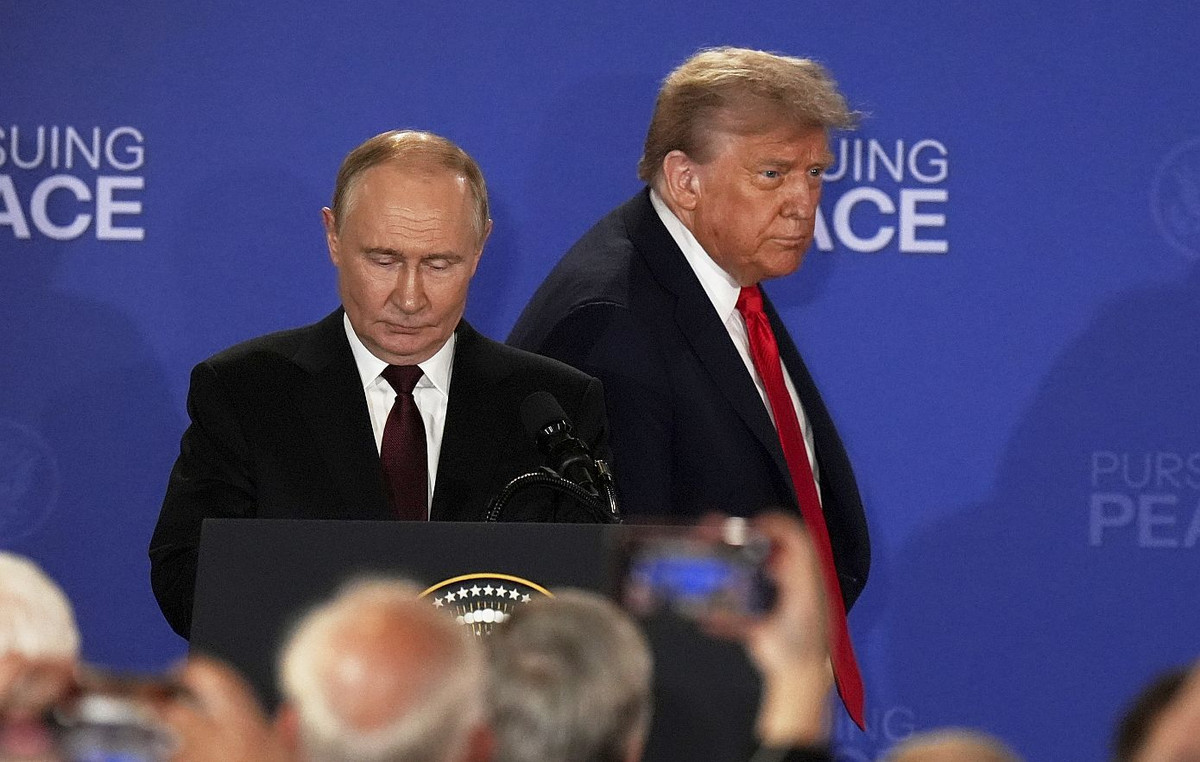the fields of pre-salt of Sépia and Atapu were sold this Friday (17), in the last big auction 2021 oil survey carried out by the federal government. Two consortia, each with three companies, bought the lots, with a total bonus collected by the government of around R$ 11 billion.
The auction is part of the 2nd round of the onerous transfer of fields for exploration of Petroleum, and is the second largest in the sector in history, according to the government.
The two areas offered are located in the Santos Basin, the most important for oil extraction in Brazilian waters and one of the most coveted regions in the world for the exploration of the commodity.
The criterion for the bids was a greater offer of excess oil destined for the Union, after deducting production and investment expenses. The minimum offer percentages were 5.89% of the surplus for the Atapu field and 15.02% for the Sépia field.
In the event of consortia winning, Petrobras is entitled to 30% of the area for exploration, with the remaining 70% divided among the members.
The Sépia field was bought by the consortium formed by the French company TotalEnergies, the Malaysian state company Petronas and Qatar Petroleum Brasil, with a percentage of excess oil of 37.43%. The premium was 149.20%, with the government collected R$7.138 billion in signature bonuses.
A Petrobras exercised its right of preference and became a member of the consortium. With that, TotalEnergies will have 28%, Petronas 21% and Qatar 21%.
The companies Chevron, Ecopetrol, Enauta, ExxonMobil, Shell and Equinor did not make offers for the area.
The winning bid for the Atapu field was made by the consortium formed by Petrobras, Shell and TotalEnergias. The percentage of oil surplus was 31.68%, with a premium of 437.86% and bonus of approximately R$ 4 billion. Petrobras will have 52.50% of the area, Shell 25% and TotalEnergias, 22.50%.
The companies Chevron, Ecopetrol, Enauta, ExxonMobil, Petronas, QP Brasil and Equinor did not make offers for the area.
In all, 11 companies took part in the contest, including industry giants such as Exxon and Shell. The government foresees BRL 11.14 billion in signing bonuses and investments of around BRL 200 billion by the end of the contract period.
the expectation of the Ministry of Mines and Energy is that the Brazilian production of oil and gas will rise 12% with the addition of the exploration of the two fields in five to six years. Already thinking about collection, the government expects a total of R$ 120 billion at the end of the contractual periods.
Of the amount with signature bonus, R$7.7 billion would be transferred to states and municipalities. In addition, the rise in production, according to the ministry, reinforces Brazil’s tendency to become one of the five largest oil producers in the world.
Economy Minister sees auction as “huge advance”
After the auction, the minister of Mines and Energy, Bento Albuquerque, stated that the victory of the consortia brings more dynamism to the sector, with the participation of more companies.
He highlighted the growth of the oil sector in the last three years, with oil production increasing around 14%, exports 22% and the collection of royalties, special participations and taxes growing 3 times, reaching R$ 210 billion.
The Minister of Economy, Paulo Guedes, considered the auction as a “huge advance”. “I sometimes make some comments about the sharing regime, but it is a super complex regime, which explains all the difficulty we had, but it has the advantage. In the system, it brought consortia”, he stated.
For him, the government’s collection of bonuses “reinforces Brazil’s cash flow at a time of financial fragility.”
The minister considered the round even more important than the previous one, with adaptations that increased the number of participants. He cited an “investment wave” as a result, which would generate jobs, income, innovation, royalties, allowing the country to use natural resources to turn “oil into brains”.
Guedes also stated that the best result for him was the victory of the consortia, which represents greater competitiveness in the sector. “That means billions and billions of dollars in the future in investments. We need to get the oil off the ground.” For the minister, the investments are “a harbinger of growth ahead”.
Rodolfo Saboia, general director of the National Petroleum Agency (ANP), stated at the event that the second round of the auction of surpluses from the transfer of rights issues closes a chapter on oil and gas exploration and production in the country.
Recall other auctions that have already taken place in Brazil in 2021
This Friday’s auction is part of a series of events that will run until December 21, called “Energy Weeks” by the Ministry of Mines and Energy. The expectation is to collect R$ 206.9 billion in private investments from the concessions, generating 160 thousand direct and indirect jobs.
Later today, in the afternoon, there will be an auction of transmission of energy, which provides for the construction of 902 kilometers of transmission lines. The expected investment is R$2.9 billion, with around 6,000 jobs created. The project involves the states of Amapá, Bahia, Minas Gerais, Paraná and São Paulo.
On the 21st, there will be an auction for contracting power and electricity from new and existing thermoelectric plants. The start of the supply of this energy is scheduled for 2026 and 2027, with 15-year contracts.
Reference: CNN Brasil
I am Sophia william, author of World Stock Market. I have a degree in journalism from the University of Missouri and I have worked as a reporter for several news websites. I have a passion for writing and informing people about the latest news and events happening in the world. I strive to be accurate and unbiased in my reporting, and I hope to provide readers with valuable information that they can use to make informed decisions.







